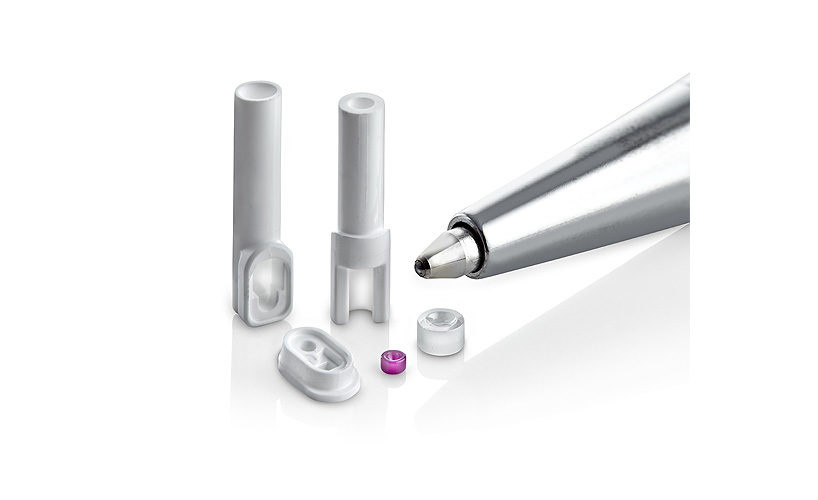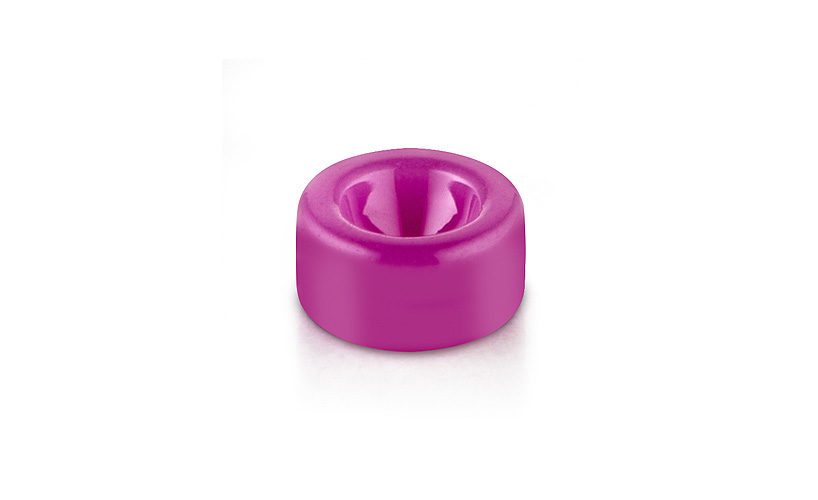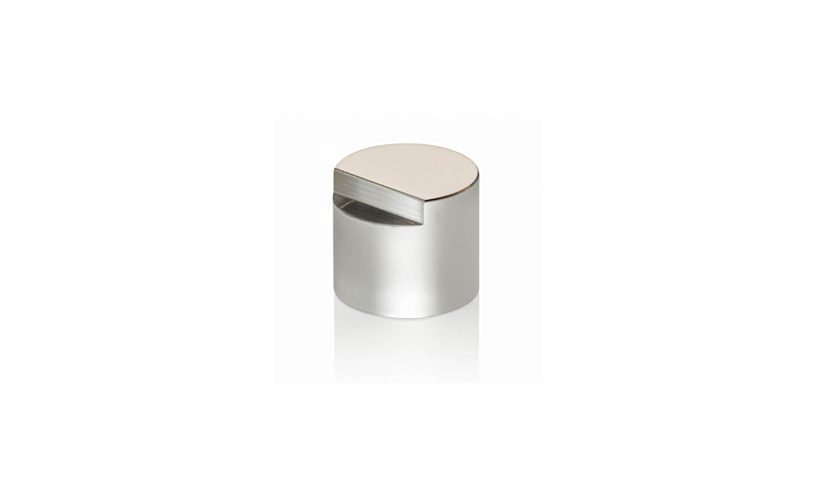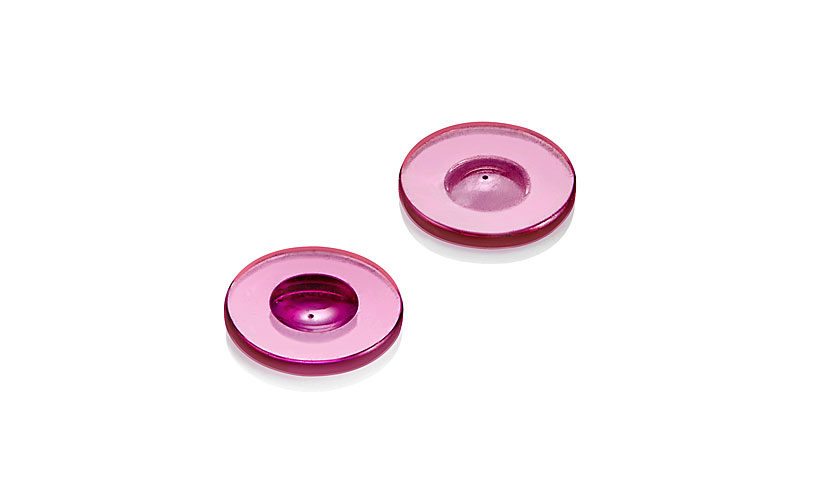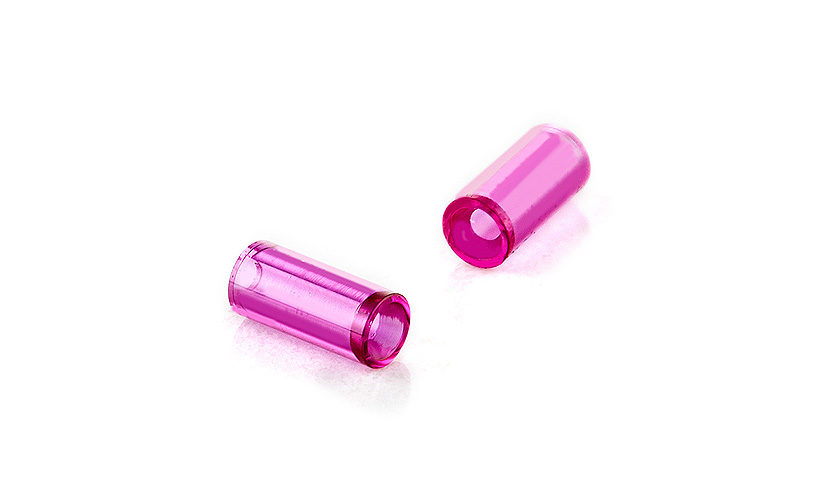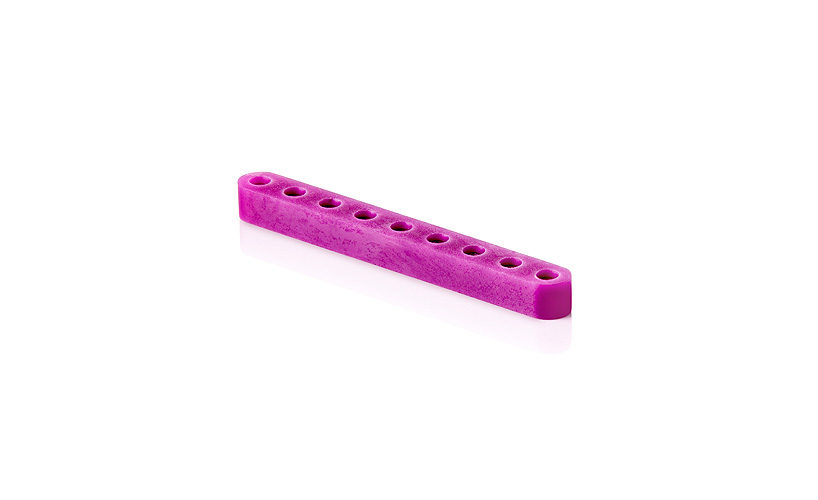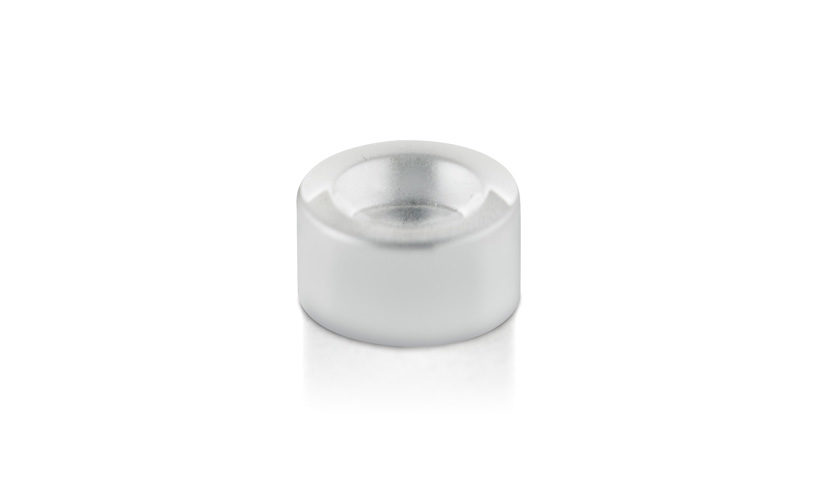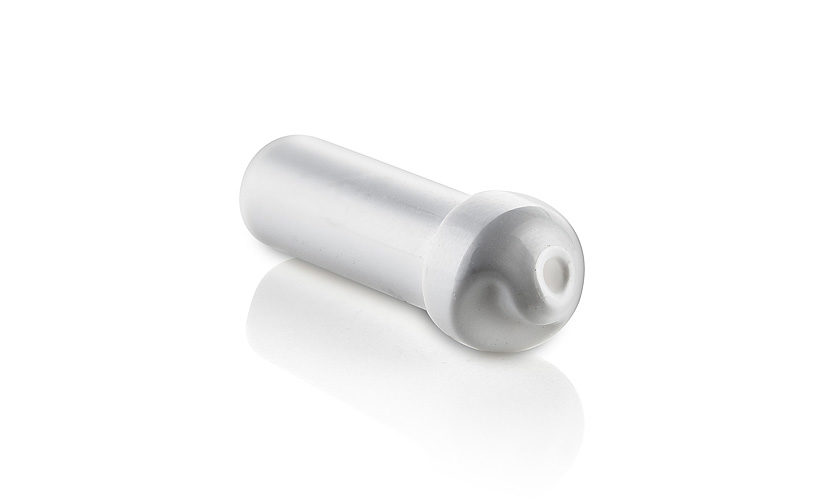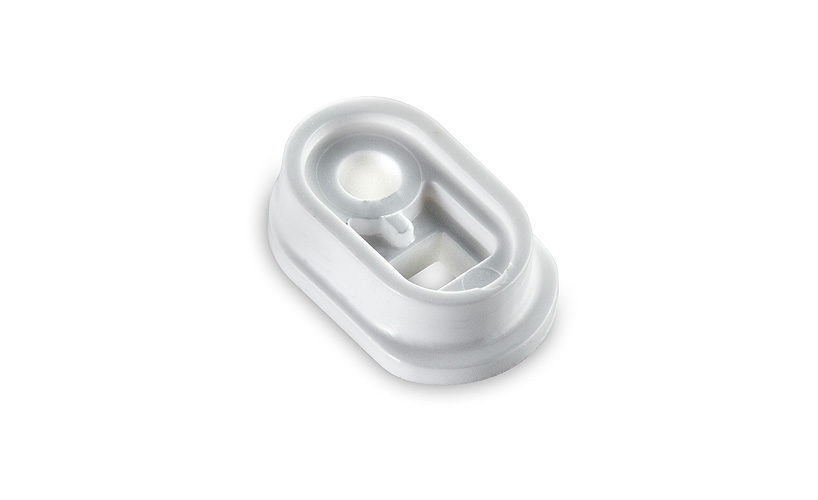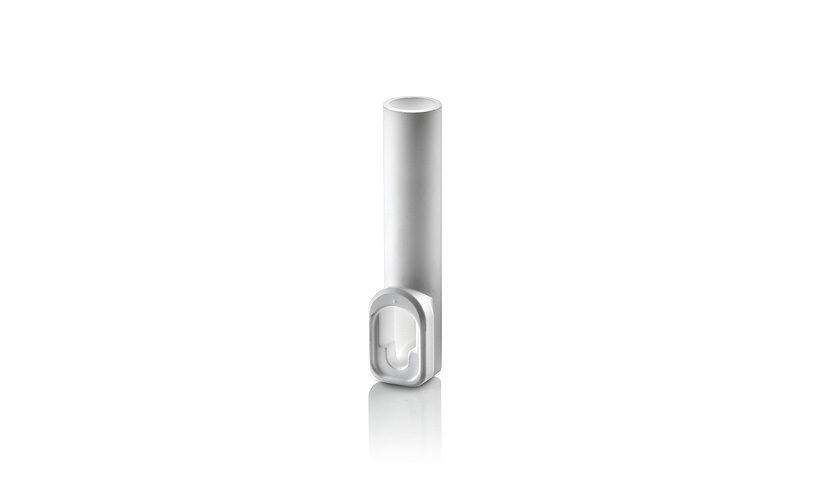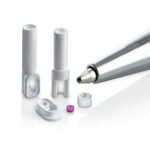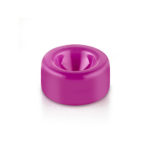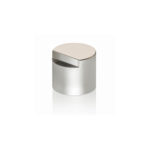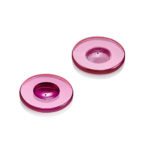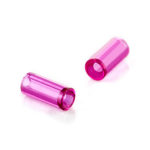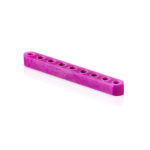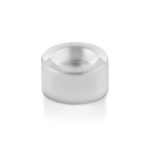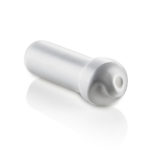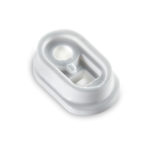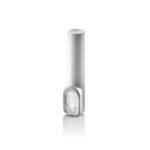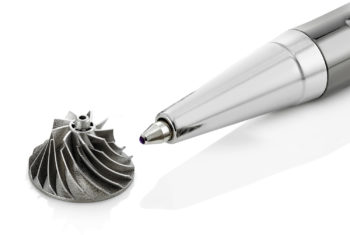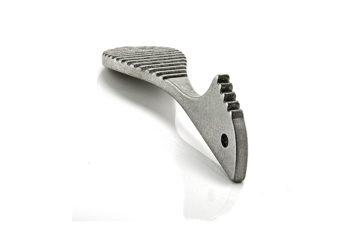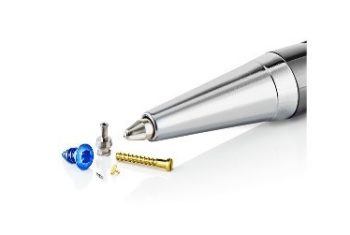Technical Ceramics
Parts typically range in size from 0.3mm (.0118”) up to larger shapes of 30mm (1.18”) with tolerances less than 5 -10μm (0.0002" - 0.0004").
Ceramic Injection Molding: CIM is an excellent and effective way of manufacturing precision components with complex designs and tight tolerances to the highest degree of repeatability and reproducibility. Molding allows engineers greater versatility and freedom in designing complex shaped components that are deemed too difficult, impractical or expensive to produce with traditional machining processes.
Rapid Prototyping: Our ability to produce quick turn ceramic prototypes of complex precision components allows you to get a proof of concept for design evaluation in hand quickly and without extensive tooling costs.
Our precision part dimensions typically range from 0.3mm (.0118”) to 32mm (1.25”) with tolerances less than 5-10μm (0.0002″ – 0.0004″).
Benefits of Ceramics
- Accommodates extremely complex geometric components
- Provides practical economic solutions to increasingly stringent material and product design requirements
- Excellent batch to batch repeatability with exceptional process capabilities
- High surface finish quality without the need for additional finishing processes
Excellent mechanical, electrical and thermal properties
- High hardness and mechanical strength
- Highly resistant to heat, pressure, corrosion and wear
- Physical and dimensional stability
- Chemically inert
- Biocompatibility
- Low electrical loss & high dielectric strength
- Thermally insulative
Materials
- Alumina (99.6% and 99.99%)
- Zirconia
- Zirconia Toughened Alumina (ZTA)
- Yttria stabilized Zirconia
- Poly Ruby
- Other materials available on a case-by-case basis
Some examples of components and applications where ceramics, ruby and/or sapphire are used include:
RF ablation instruments
Endoscopic insulator tips
Brazed ceramic to metal medical instrumentation
Wireguide for impantable medical devices
Pacemaker feedthroughs
Dental implants
Cochlear implants
Drug delivery dispensing
Nebulization
DNA testing
Cytometry
Cell analysis
Industrial inkjet nozzles
Waterjet nozzles and assemblies
Micro-electronics
Sensors
Instrumentation
Metrology
Counters
Water meters
Filtration systems
Optics

